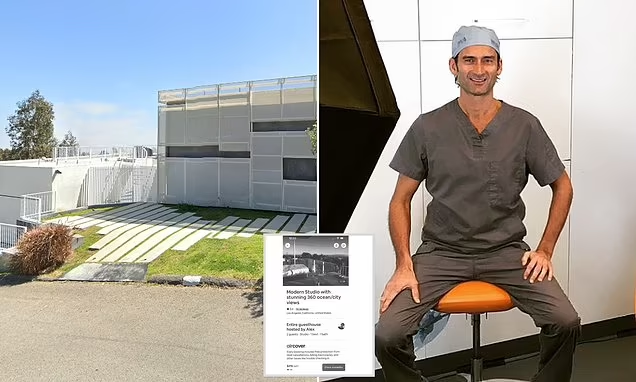How Long Do Hot Tub Covers Last?

Knowing how long hot tub covers last is crucial to the long-term health and safety of an Aspen homeowner’s hot tub. These prize investments require the proper tools and hot tub covers are the most pivotal aspect of the equation. That’s why this guide is here to help you make sense of it all.
Let’s take a closer look at hot tub covers and how long they are supposed to last.
When Is It Time to Replace My Hot Tub Cover?
It’s an all-too-common question but there are some very simple signs that you need to watch out for. As a general rule of thumb, a hot tub cover should last at least four to five years. Whether you are concerned about the colder weather that Aspen can bring or you are worried about the pros and cons of hot tub ownership in a more general sense, this guide is here to help.
Noticeable Sagging
This is one of the clearest indicators of all and should not be ignored for any reason. If there is any warping or cupping in the middle of the hot tub cover, the homeowner should remedy the situation immediately.
Sagging usually takes place because a sizable amount of rain or snowfall has been given the chance to accumulate in the center of the cover. A healthy hot tub cover allows the rain and snow to roll off the sides. Pooling in the center is a bad sign. The cover’s corner will also start to lift, which can be nightmarish for your energy bill.
Torn or Cracked Outer Vinyl
Issues like these are not easy to repair, not to mention the fact that they are a major eyesore. The last thing that anyone wants to look at is torn or cracked outer vinyl on a hot tub cover. It looks bad and it has an awful effect on the safety and efficiency of the hot tub.
The larger holes and tears can cause steam and heat to escape as well. Dust and dirt will also make its way into the hot tub if this problem is not fixed, so do not allow the outer vinyl to remain in a state of disrepair for too long.
Cover Feels Much Heavier Than Before
Is the hot tub cover starting to get much more difficult to move? Is it noticeably heavier than before? If this is happening, it is usually because the insulating foam is damaged. Once this foam is waterlogged, moving the cover becomes a far more challenging task.
An overly saturated cover will cause higher energy bills because of the lack of insulation. The automatic cover lifter may also become damaged because of the increased strain.
Broken Hinges and Straps
This should be an obvious sign but there are a number of homeowners who ignore these issues until it is too late. Every single part of the hot tub cover needs to remain in working order. If straps, locks and hinges are not functioning properly, you may have a loose seal.
If the hinges are torn, heat can start to escape and wreak havoc on your electric bills. That’s why this sort of issue needs to be handled immediately. Do not wait until things have worsened to start shopping for a hot tub cover replacement.
Cover Has Started to Stink
Once the hot tub cover has begun to emit a foul odor, it is time to start shopping for a replacement as quickly as possible. Bacteria and mildew are more likely to grow inside of a hot tub cover that is overly saturated, which is something to watch out for.
Some homeowners may not notice the scent immediately or worse, they may become accustomed to it. The latter is especially dangerous. Do not make the mistake of assuming that any sort of objectionable scent is normal. This is the sort of error that causes way more problems than it solves. A smelly hot tub cover is a hot tub cover that needs to be removed quickly.
Purchasing a New Hot Tub Cover
Once you have decided to purchase a new hot tub cover, there are a few simple tips that are designed to make the selection process easier. For starters, you will need to make sure that the outer skin of the hot tub cover is thick enough. Yes, you might be able to save a buck or two by going full cheapskate and getting a thinner cover.
However, you are not going to enjoy the proper lifespan in these instances. The same goes for any Aspen homeowner who is not willing to take a closer look at the stitching before purchasing. If the stitching is poor, the cover is going to rip, even if it is being used in a relatively normal manner.
The foam should not be thick, though. This may seem counterproductive but take a moment to hear us out. If you choose a hot tub cover that comes with thicker foam, you are actually putting more stress on the cover lifter and the cover seam. This keeps the cover from lasting as long as you would like and should be avoided.
A full foam sealer must also be present. If there is not a full foam sealer on hand, guess what? A sizable gap will remain exposed once the cover is closed. This gap will not be insulated, which will cause serious problems over the long haul.




![Pyntekvister: A Simple Guide to Nordic Branch Decorating [2025]](https://thetophints.com/wp-content/uploads/2025/11/images-13.jpg)
